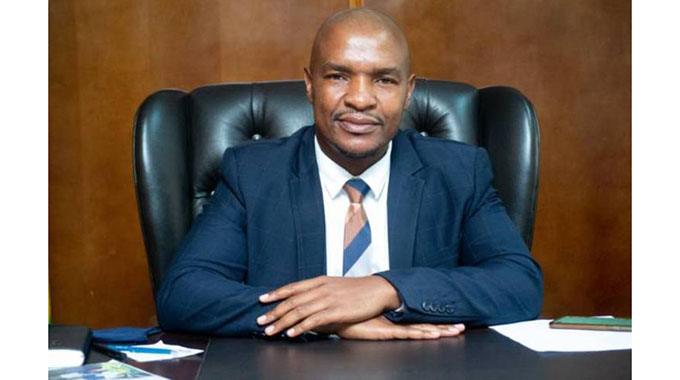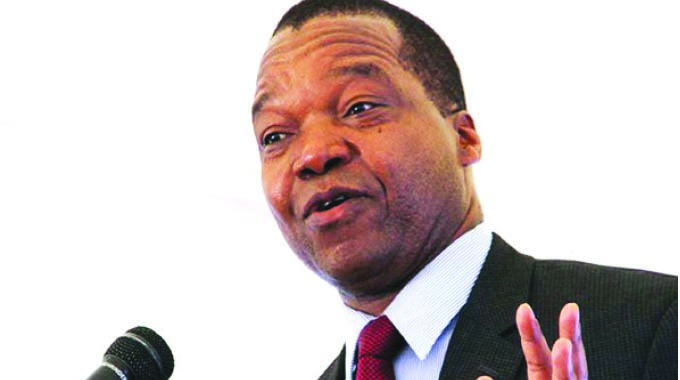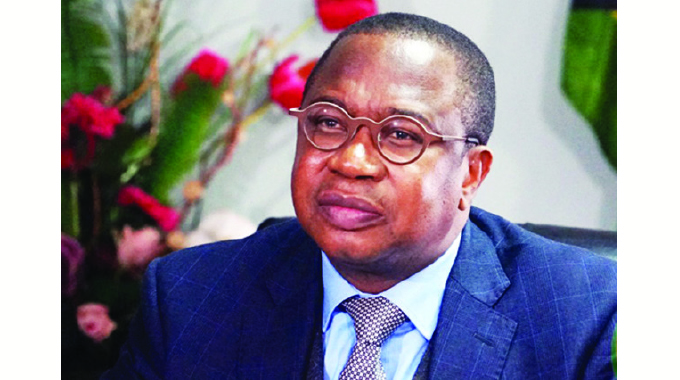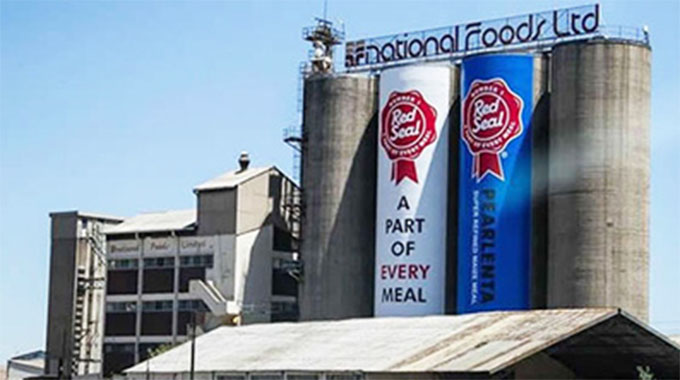ZIMRA rolls out new system to broaden tax base

Oliver Kazunga Senior Business Reporter
THE Zimbabwe Revenue Authority (ZIMRA) has started implementing a Block Management System (BMS) that classifies taxpayers into specific geographical locations or zones to improve tax collections.
The BMS came into effect on January 1 this year, the tax collector said in a notice last week.
“The BMS involves zoning of taxpayers by geographical location and assigning ZIMRA officials to manage all taxpayers within a given zone or block. The zoning will include central business districts, flea markets, farms, industrial areas as well as informal traders’ and rural business locations,” ZIMRA said.
Under the BMS, ZIMRA officials will engage all taxpayers through door-to-door visits, checking on all tax compliance issues including daily sales schedules, registration for tax purposes, returns submission, payment of taxes and fiscalisation.
“BMS strives to increase efficiency to ZIMRA clients by bringing closer some of the services taxpayers require such as taxpayer education, online returns filing, registration, audits, and query handling. ZIMRA urges all taxpayers to fully cooperate and support its officers in the implementation of the BMS,” it said.
While the system ZIMRA is implementing was noble, some analysts have questioned its feasibility given the high level of informality of the economy.
“It still remains to be seen how feasible and sustainable this will be going forward taking into account that people have been unwilling to formalise their operations; what more when it comes to disclosing their daily sales and stock figures for the purposes of taxation,” economist Ms Chipo Warikandwa said.
A tax expert Mr Trust Chiroora said the move by ZIMRA could be an effective mechanism of taxing the informal sector.
“This is one of the most effective ways of ensuring that most informal traders’ business is brought to taxation compliance,” said Mr Chiroora. It’s really an effective way of ensuring that all those that are carrying out some trading especially on some defined business premises.
“Of course, they will always be those that are operating on open spaces, those will vanish when they see that authorities are showing up.”
For the BMS to be more effective and attractive to taxpayers in the informal sector, Mr Chiroora said: “There is a need to register them and probably make them pay nominal tax amount perhaps on a quarterly basis which does not have much regards to the kind of income they are getting.
“It should be in the form of some presumptive tax, which doesn’t have much regard to the kind of incomes so that at least they contribute something,” he said.
Recently, the Government has been encouraging businesses, particularly those in the informal sector to formalise their operations amid concerns the majority of the enterprises were not paying taxes.
This is despite that the informal sector and small to medium businesses constitute a significant portion of the country’s gross domestic product (GDP).
In 2021, the Government embarked on a consultative process with key stakeholders that led to the formulation of a comprehensive Small to Medium Enterprises (SMEs) Formalisation Strategy.
Under the National Development Strategy (NDS 1), the blueprint that guides the country’s development agenda between 2021 and 2025, unlocking the potential of SMEs is one of the critical steps toward fostering inclusive economic transformation.
Last month, Women Affairs, Community, Small and Medium Enterprises Development Minister Dr Sithembiso Nyoni announced that her ministry was facilitating the formalisation of about 300 informal businesses during the first quarter of the year while training and awareness campaigns continue to be rolled out countrywide to capacitate businesses to operate legally.
Estimates indicate that close to 70 percent of the working population in Zimbabwe is employed in the informal sector, according to the Employers’ Confederation of Zimbabwe. (EMCOZ). The Covid-19 pandemic has compounded the situation and African governments including Zimbabwe are working on formalising economies to harness revenue opportunities in tax payment and service provision.
In the 2023 Budget, Finance and Economic Development Minister Professor Mthuli Ncube said there was need to support SMEs to grow through formalisation.
“Statistics indicate that the larger the enterprise, the less likely it will be informal, implying that supporting small business to graduate to higher levels of SMEs is one way of promoting formalisation and addressing informality,” he said.








Comments